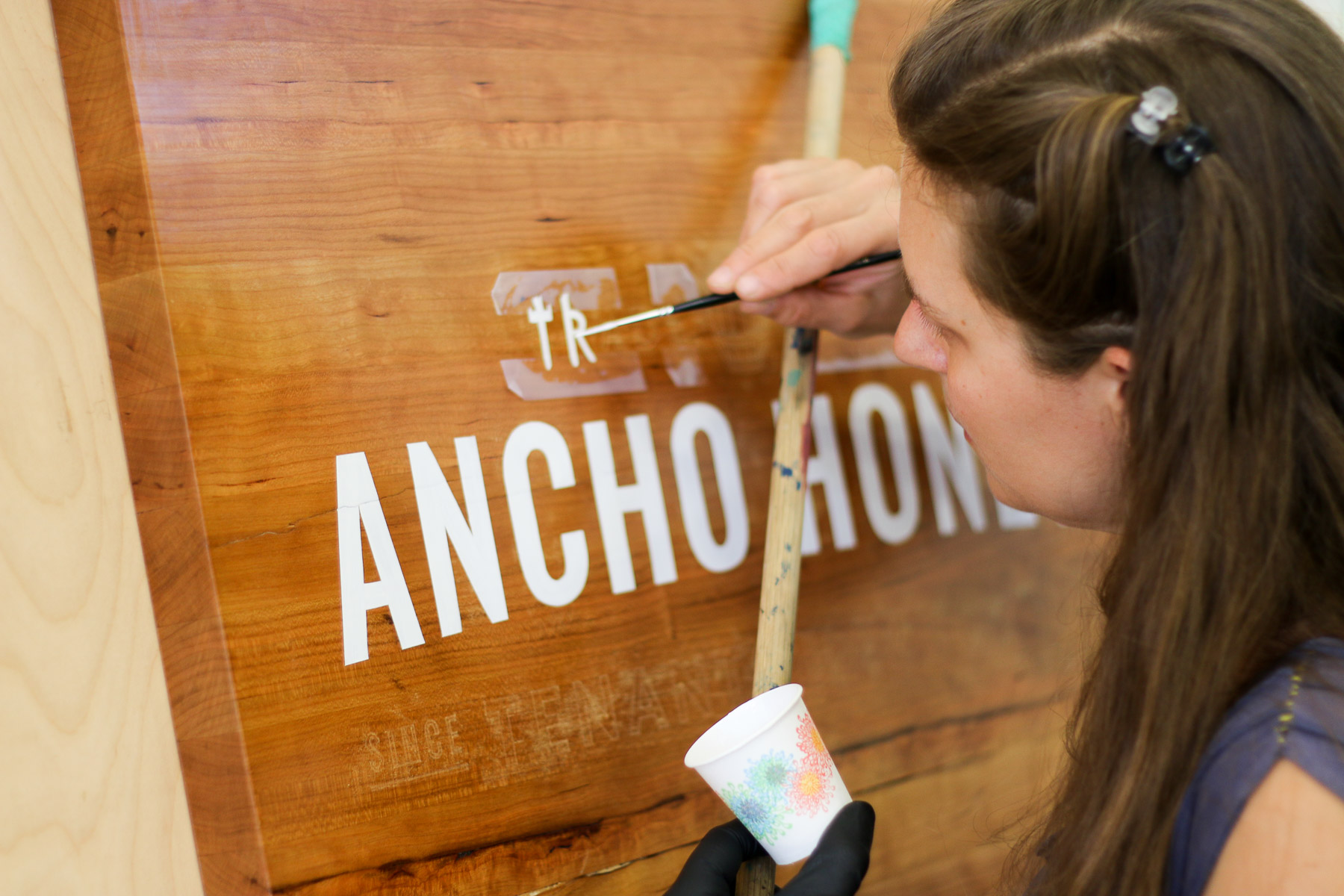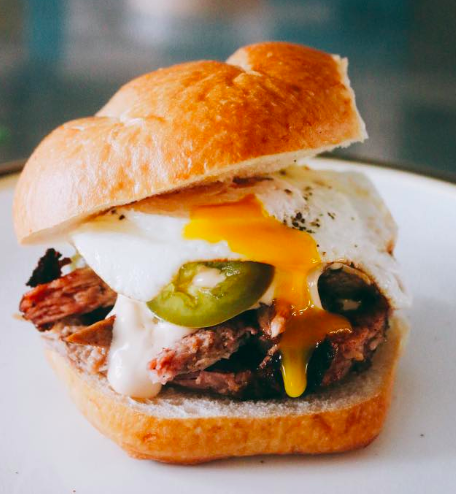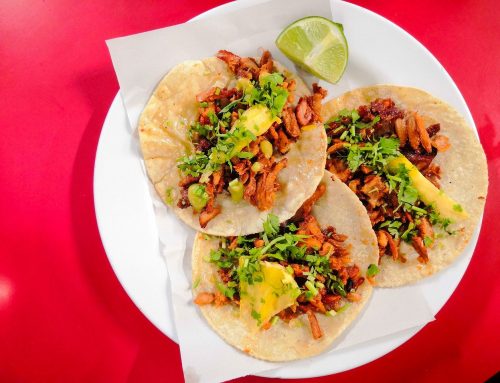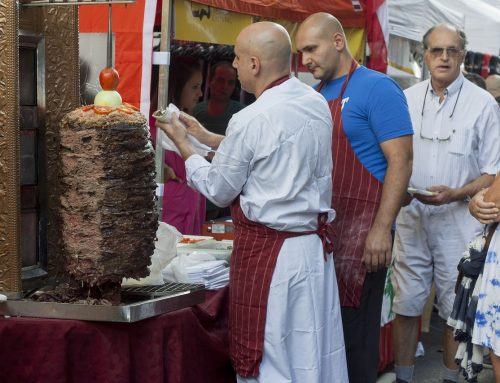You’ve named your business. You’ve secured the financing you need to get started. Maybe you’ve even started sketching out a few menu ideas, or identified a signature dish that’s going to set your restaurant apart and generate a loyal local following.
But there’s a major part of launching your business that’s still gotta get accomplished, and you should plan on blocking aside several months and several thousands of dollars to get it all done: The licensing and permitting applications.
Ugh, right? If there’s one aspect of launching a new food venture that can quickly deflate your enthusiasm, it’s negotiating with local and state government bureaucracies to get the licenses and permits you need to open the doors and start setting the world on fire with your culinary creations.
Whether at the city level or the state level, the gears of these institutions tend to turn frustratingly slowly, which means the sooner you can get your permit applications signed and your fees paid, the better. There’s nothing more frustrating than navigating the run-up to your opening day, only to find that a forgotten permit prevents you from hitting your deadline to open.
Here’s a rundown of the permits and licenses that every new food business needs to be aware of. Of course, you’ll want to consult with a small business lawyer and/or local officials in your municipality, as not all permits and licenses may not be necessary in your location.
State Business License

The exterior of my restaurant Ancho Honey.
While not all states require them, most state governments require anyone conducting business with the public in their state to file for a business license. Whether you operate your business as a corporation, or as a sole proprietor, your state will want to issue some state recognition of your right to trade goods for services within their borders. If your business serves alcohol, you may be required to get a business license at the federal level, as well.
How to Get One: Google is your friend, here. Search for the name of your state plus “business license,” and you should be directed to the state government website for your state, which will lay out the procedure (as well as let you know if a license is required for your particular type of business).
Cost: The cost of a business license varies wildly from state to state, and may be based on a sliding scale depending on your number of employees and your expected annual revenues. In some states, this can be as little as $50, stretching at the top of the scale to several thousand dollars or more.
Employer Identification Number (EIN)
This may not be a requirement for businesses that don’t have employees, but you know what? Go ahead and get one anyway. If you decide down the road that you’ll need to pay employees, you’ll need an EIN, and besides, many of the other permits and licenses you’ll apply for will request this information. Your EIN is different than your social security number, but it is used for identification in a similar way.
How to Get One: You can apply for an EIN through the IRS website, or by fax, phone or email. Be aware that unlike literally every other web-based service on the planet, the IRS website will only issue EINs during a narrow set of daytime business hours. Don’t ask why this is. The IRS doesn’t like questions.
Cost: Free.
Occupancy or Use Permit

Me thinking about restaurant permits.
After your building has been inspected, and the local zoning board has confirmed that you’re going to be using the space safely and in the manner you’ve described, they’ll issue an Occupancy or Use permit.
How to Get One: This permit is granted at the city or town level, which makes obtaining one different from city to city. Perform a search for the name of your town plus “certificate of occupancy,” to learn what the local customs are.
Cost: Under $100.
Health Inspection or Food Service License
Ahhhhhh…the health inspector. The bane of sketchy restaurant kitchens everywhere. To obtain this license, the city or state will send a health inspector to your establishment, to make sure your refrigerators are holding temp and that you’re sanitizing your dishes properly. While the prospect of a visit from the health inspector may seem scary, remember: The state health inspectors actually work for you, to help ensure that your business isn’t in danger of making anybody sick. Health inspectors want your business to succeed; they just want to be sure you’re doing everything safely.
How to Get One: Do a search for the health department in your state, and follow the procedure described. You can apply for a fixed, temporary, or mobile license, and remember that in some states, this license may need to be renewed annually.
Cost: The cost for a license varies from state to state, and may depend on the size and type of your business, whether you serve alcohol, and how many seats your business has. In general, you can expect to spend between $100 and $1000 for a food service license.
Sign Permit

I needed a permit to hang this sign.
That’s right. Even though it’s your business, you can’t just go hanging any sign you’d like on the outside of your business. Many cities and towns have strict zoning and sign ordinances describing the size and type of signage you are permitted to display. Get in touch with your city’s zoning office to learn more.
How to Get One: Your local city government probably has a website outlining the rules for signage for your business, but a quick phone call to the zoning office is usually quicker to navigate. Remember to allow time for your proposed sign to be brought before the local City Planning or Zoning Board for approval, before you’re allowed to display your sign.
Cost: From $0-$100.
Resale Permit
You probably already know that you have to collect sales tax for every item you sell in your restaurant or food truck. But if you think about it, shouldn’t that mean that you don’t have to pay sales tax on the ingredients you purchase? To avoid this double taxation, most states issue a “Resale Permit,” which allows you to buy items for resale tax-free from some wholesalers or vendors.
How to Get One: This is another process that varies from state to state. A search for the name of your state plus “sales tax” is a good place to start.
Cost: $0 to $100.
Food Handling Permits

Handle this breakfast sandwich with care.
In many states, both the owner of the business and any employees tasked with handling food need to obtain some sort of safe food handling training and education, provided by a licensing company such as ServSafe. Food handling training covers topics such as safe preparation and storage, and the prevention of food-borne illness.
How to Get One: Check the requirements for your state with your local health department, then schedule a training online with ServSafe to make sure you and your employees are compliant.
Cost: $100 to $500 per employee.
Seller’s or Sales Tax Permit
Though the name of this particular license may vary from state-to-state, they all describe the same thing: A registration with the state authorizing you to collect sales tax for your business. In many states, this can be obtained as part of obtaining the “Resale Certificate” described above.
How to Get One: Your state’s government website will provide details for obtaining this permit, as well as what you need to do to submit your sales tax to the state, usually monthly or quarterly. Don’t flake on this one: Collecting sales tax from your customers and then spending it or otherwise failing to turn it over to the state is a major no-no, and will land you in a heap of trouble with your state’s taxing authority, who have the ability to yank your permits and shut down your business.
Cost: Usually free.
Related Reading: How I Opened a Restaurant with No Money and a 540 Credit Score
Liquor License
We actually should have included this WAY higher on the list, because obtaining a license to sell and serve alcohol can be a process that can take many months, and is often fraught with roadblocks. Depending on where you live, you may need to submit two different applications: One for beer and wine, and one for “hard” alcohol. Depending on your city, there may be several hoops to jump through, in the approval of this license.
How to Get One: Your state’s Health Department website probably includes information on obtaining a liquor license, or can at least point you in the right direction. Your town’s City Hall website is a good place to look, as well.
Cost: This can vary based on the hours of operation, the number of seats in your establishment, and the type of alcohol you wish to sell. It can also vary greatly from city to city. Expect to spend anywhere from a few hundred to a few thousand dollars.
Dumpster Permit and Oil Disposal
Here’s one a lot of business owners overlook, until they find their kitchens overflowing with giant black plastic trash bags full of garbage. Though not required in all municipalities, some cities require a permit for the placement of a dumpster at your business. If your restaurant employees deep fryers, you may also need a permit for waste oil disposal.
How to Get One: Check with the Zoning Office in your city or town, to determine if this type of permit is needed at your establishment.
Cost: Usually just a couple of dollars, or free.
Getting Started
Holy moley, that’s a lot of paperwork, right? If you’ve been following along and doing the math in your head, you’ve probably calculated that just getting all of the licenses and permits you need can set you back anywhere from a few hundred to a few thousand dollars.
That’s a pretty major investment, before you’ve even bought a single fork or a case of rutabagas, so make sure your business plan is tight before you leap into the world of permitting. Most importantly, don’t wait to start the process of obtaining these permits.
Many of them can take several months, from the time you apply to the time you actually receive your licenses in the mail. There’s no worse feeling in the world than being ready to kick the doors open and welcome the waiting crowds, only to find out your permit application has gotten stuck in the gears of your local bureaucracy.
By the way, if you’re planning to start a mobile food unit, download our free checklist that includes all the permits you need to start a food truck.




